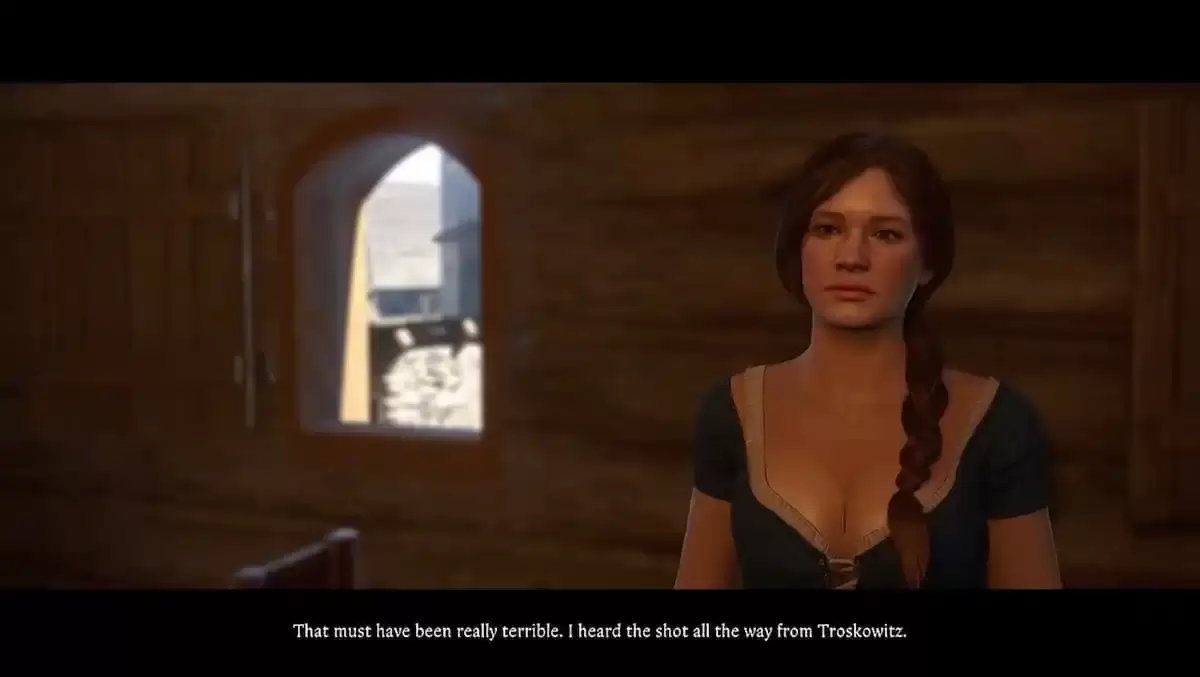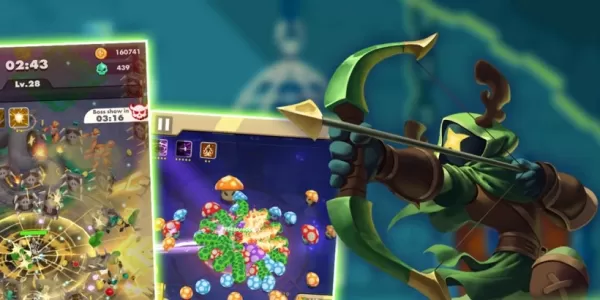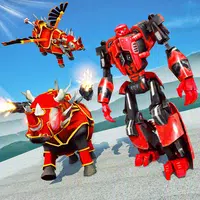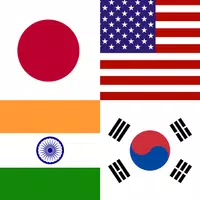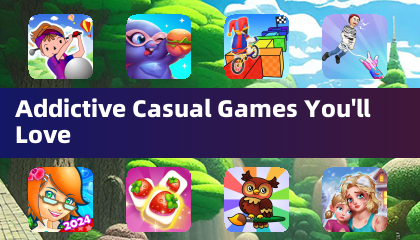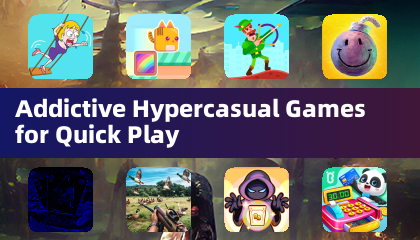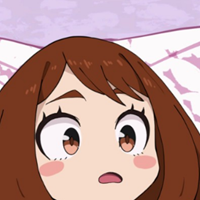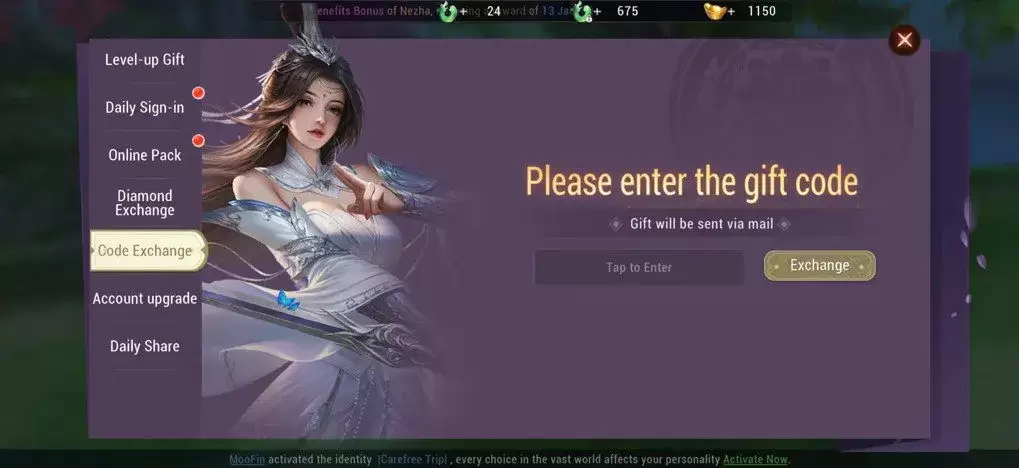The second season of *Solo Leveling* is already underway, captivating fans with its thrilling continuation of the story. This South Korean manhwa, now an anime produced by the renowned Japanese studio A-1 Pictures, follows the journey of hunters who navigate through portals to combat monstrous foes.
Table of Contents
- What is the anime about?
- Why has the anime become so popular?
- The second reason for its popularity is Jin-woo himself
- Finally, the marketing played a big role
- Why does the anime receive criticism?
- Is it worth watching?
What is the anime about?
*Solo Leveling* unfolds in an alternate version of Earth where mysterious gates have begun to appear, unleashing hordes of monsters. Traditional weaponry proves futile against these creatures, leaving the task to a select group of individuals known as hunters. These hunters are ranked from the weakest E-rank to the formidable S-rank, and their challenges extend to dungeons filled with monsters, similarly categorized.
Our protagonist, Sung Jin-woo, starts as an E-rank hunter, struggling even with basic dungeon clearances. When his team finds itself trapped, Jin-woo, recognizing his own limitations, sacrifices himself for the greater good. This selfless act earns him a unique reward: the ability to level up. As Jin-woo progresses, his life begins to mirror a video game, complete with a futuristic interface displaying quests and leveling options. This newfound power allows him to grow stronger, albeit gradually, setting the stage for his remarkable journey.
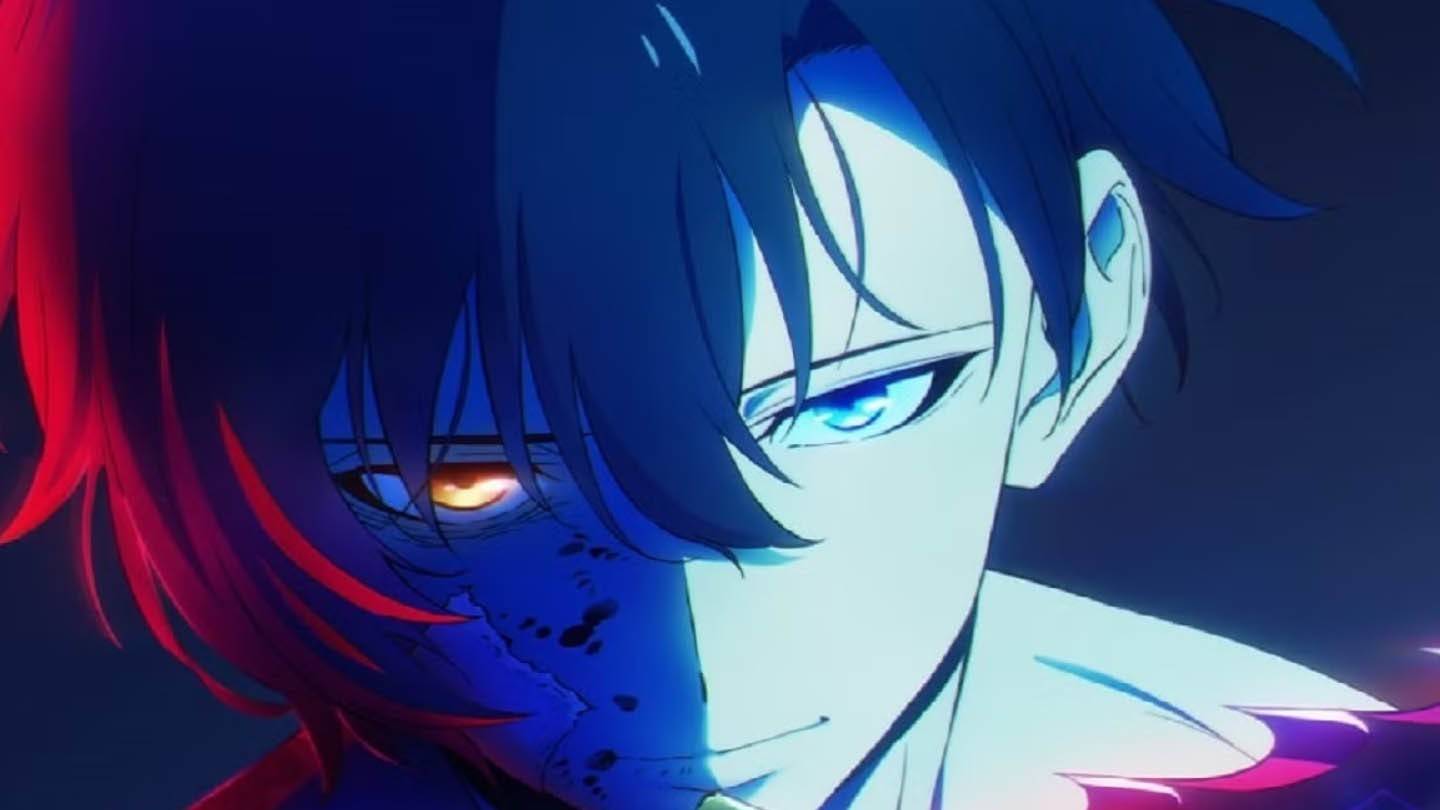 Image: ensigame.com
Image: ensigame.com
Why has the anime become so popular?
The popularity of *Solo Leveling* can be attributed to three main factors. Firstly, the anime faithfully adapts the beloved manhwa, a task A-1 Pictures excels at, having previously brought to life successful series like *Kaguya-sama: Love is War*, *Sword Art Online*, *Erased*, and *Your Lie in April*. By staying true to the source material, the studio delivers a seamless, action-packed experience that keeps viewers engaged without overwhelming them with complex plotlines or excessive world-building.
The narrative is streamlined, with essential information conveyed through other characters, allowing the audience to focus on the main storyline. The studio also enhances the viewing experience by manipulating the visual atmosphere, darkening the screen during tense moments to emphasize critical scenes and using bright colors during calmer sequences to create a light-hearted feel.
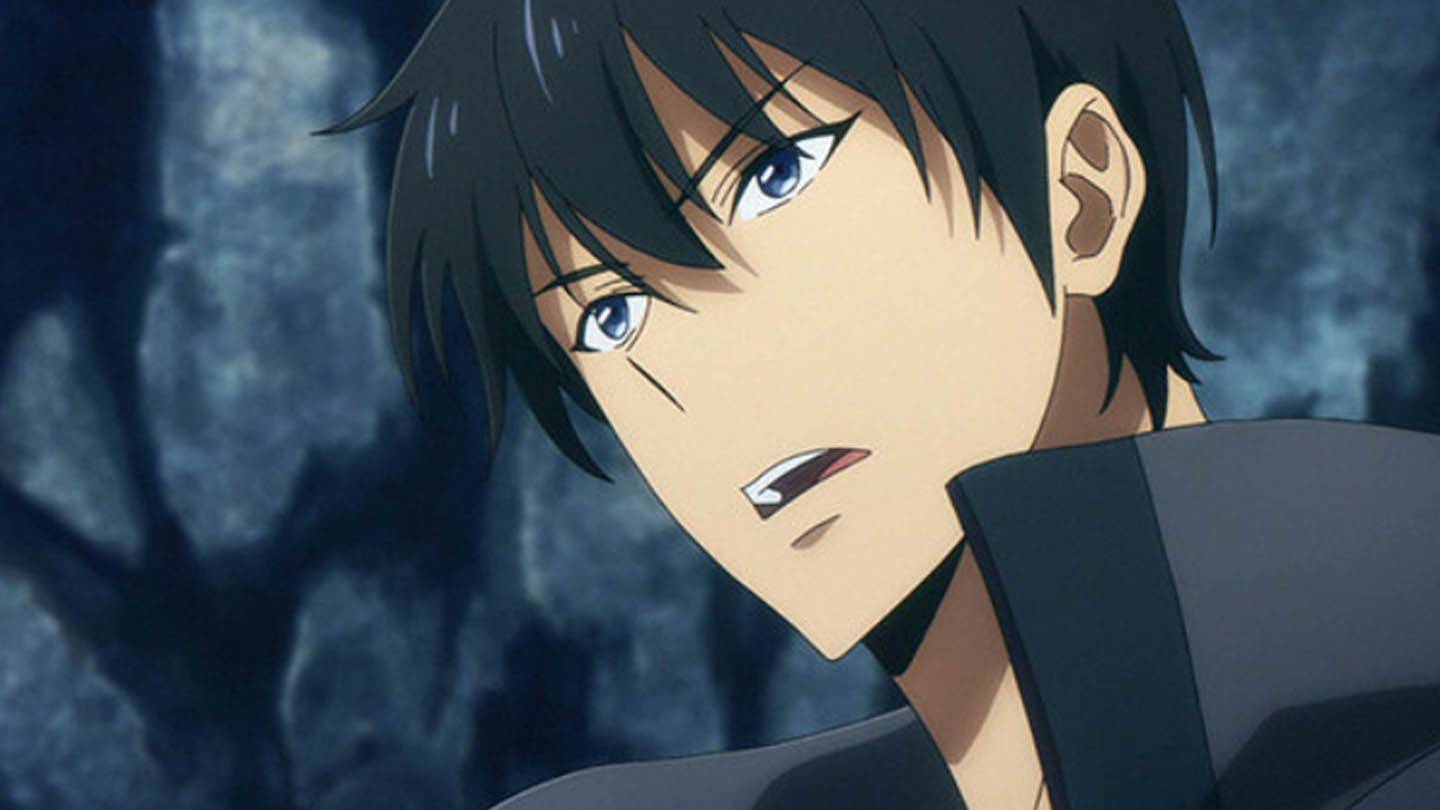 Image: ensigame.com
Image: ensigame.com
The second reason for its popularity is Jin-woo himself
Jin-woo's character arc is a significant draw for viewers. Starting as an underdog, mockingly called "The Worst Weapon of Humanity," he embodies the classic rags-to-riches narrative. His willingness to sacrifice himself for his team, despite his family's reliance on him, showcases his selflessness. This act of bravery earns him the System's favor, granting him the ability to enhance his skills.
Jin-woo's journey is far from perfect; he faces setbacks, like when he skips training and is punished by having to outrun monsters in the desert for four hours. These experiences teach him the value of hard work and dedication, making his eventual successes all the more rewarding. His commitment to earning his powers through effort resonates with audiences, who appreciate characters that earn their abilities rather than being born with them.
Finally, the marketing played a big role
The marketing strategy for *Solo Leveling* was exceptionally effective, with the iconic statue of God becoming a viral sensation. Its distinctive toothy grin piqued the curiosity of those unfamiliar with the manhwa, drawing them into the series.
Why does the anime receive criticism?
Despite its popularity, *Solo Leveling* has faced criticism. Some argue that the plot relies heavily on clichés and struggles with pacing, abruptly shifting between intense action and more serene moments. Critics also note that the story glorifies Jin-woo excessively, portraying him as a near-perfect protagonist who rapidly transforms from an underdog to a formidable force.
Additionally, other characters often feel underdeveloped, serving primarily as background figures to Jin-woo's journey. This focus on the main character at the expense of others can be off-putting for those seeking a more balanced narrative. Fans of the original manhwa also critique the anime for its pacing, suggesting that the adaptation should have been more dynamic to differentiate itself from the source material.
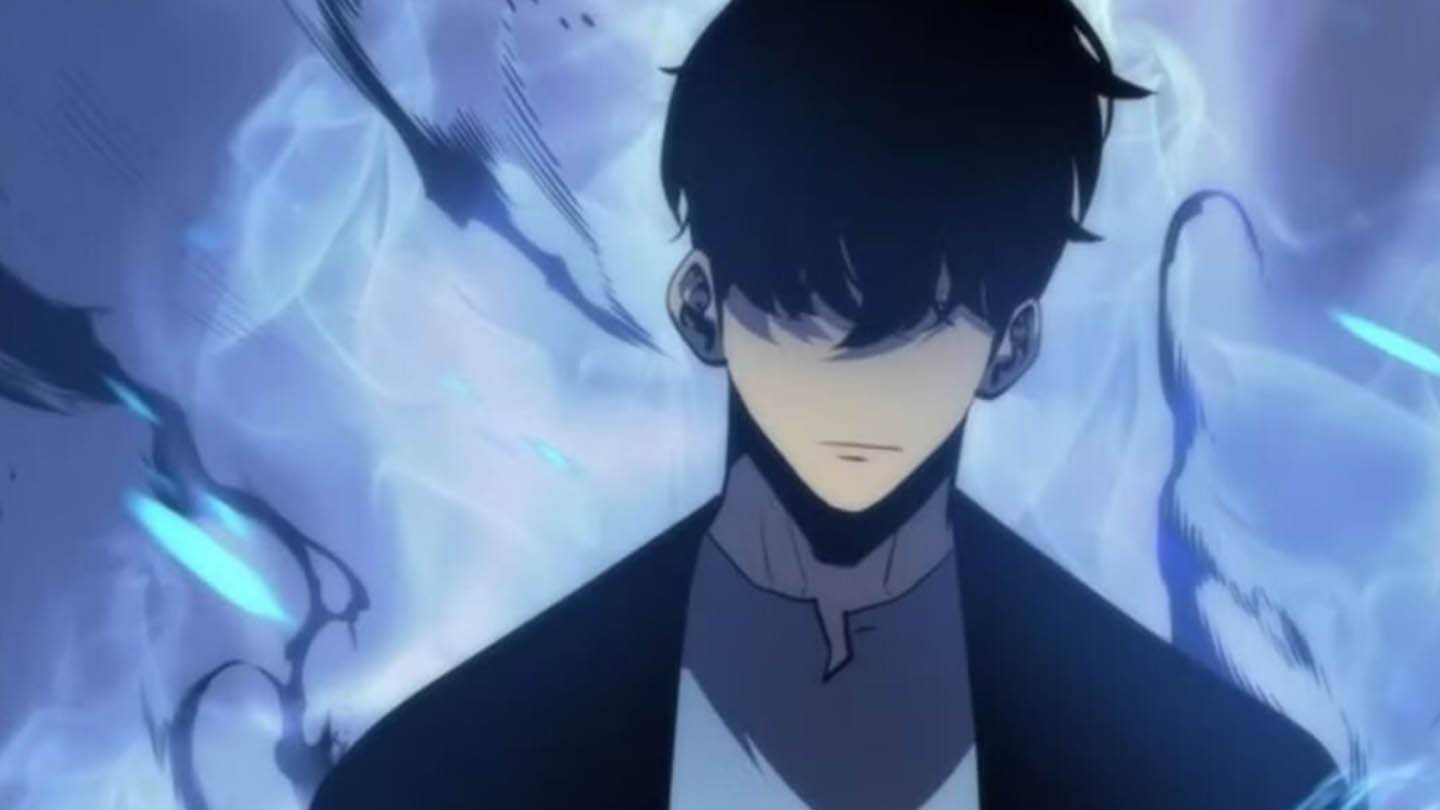 Image: ensigame.com
Image: ensigame.com
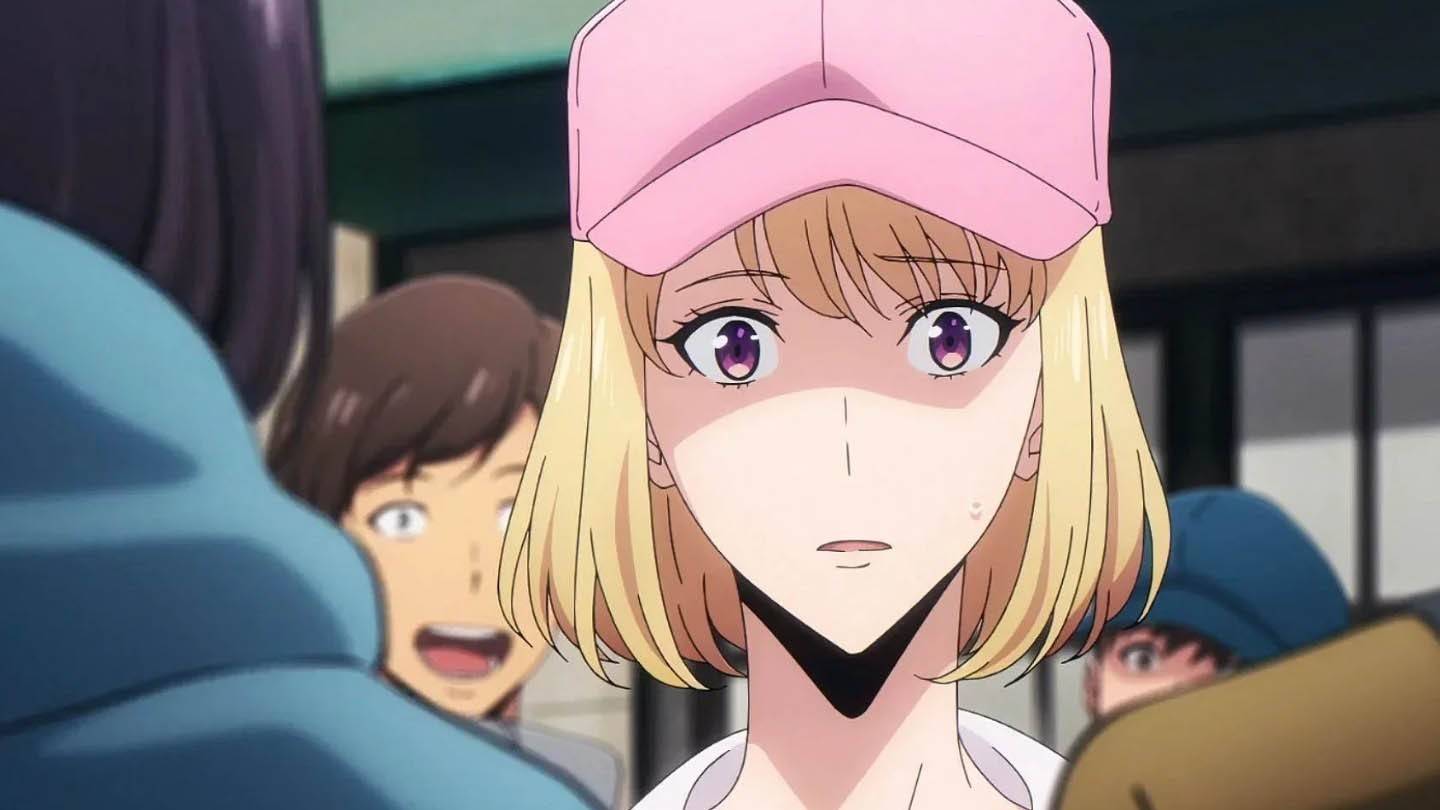 Image: ensigame.com
Image: ensigame.com
Is it worth watching?
Absolutely. If you're a fan of high-octane action with a focus on the protagonist's journey, *Solo Leveling* is a must-watch. The first season offers a thrilling binge-worthy experience. However, if Jin-woo's story fails to captivate you within the first two episodes, it might not be the series for you. The same applies to the second season and the related open-world gacha game, which may not hold your interest if the anime doesn't.

